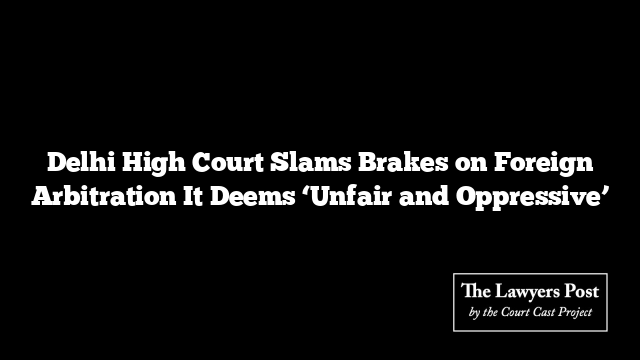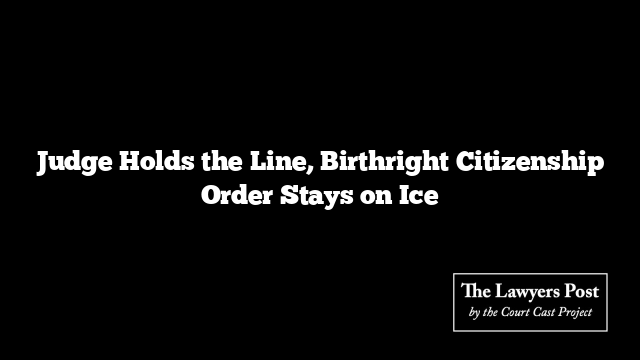The Madras High Court has delivered a stinging rebuke to those who, in the name of activism or television ratings, turn the judiciary into a punching bag for personal or political narratives. At the heart of the storm is Advocate Vanchinathan, summoned for a slew of interviews and posts accusing Justice GR Swaminathan of caste and communal bias—a charge the Court made clear it wasn’t taking lightly.
A bench comprising Justices GR Swaminathan and K Rajasekar minced no words:
“Freedom of speech isn’t a licence to spit venom. Media channels profiting from slander must be confronted, and lawyers peddling such claims breach not just decorum but professional ethics,” the Court warned. The message was crisp: cross the Laxman Rekha of dignity, and expect consequences.
Vanchinathan, rather than standing by or retracting his incendiary remarks, offered evasions. When confronted directly in court with his own video clips, he opted to mumble about needing things in writing instead of offering a clear response. “So much for the courage of the activist,” the bench dryly noted.
As for the support he rallied, the Court showed no inclination to entertain what it called “gratuitous advice.” A number of former judges, including Justice (Retd.) K Chandru, had issued statements criticizing the contempt proceedings. But the bench was unimpressed. “We ignore them with the contempt they deserve,” it stated bluntly, also questioning the authenticity and coordination behind the retired judges’ joint statement—especially after one judge distanced himself from it.
In its order, the bench reiterated a fundamental truth too often lost in the noise: a judge’s loyalty is to the Constitution and conscience, not caste or creed. “If someone can’t see that, it is their vision that is flawed,” the Court remarked. It reminded those quick to allege bias that India’s legal system provides robust remedies—what it doesn’t provide for is slander dressed up as social justice.
Noting that Vanchinathan had earlier faced suspension by the Bar Council for misconduct, the Court suggested his current performance was more dodge than defiance. In closing, it directed the matter to the Chief Justice of the High Court for further action, firmly asserting that its decisions would follow legal procedure—not be swayed by editorials, tweets, or television scrolls.
And just in case there was any confusion, the Court clarified that reports—particularly one by Sun News—suggesting the matter had been transferred due to public pressure were entirely false. “Our orders follow rules, not rhetoric,” the judges said, sealing their stance with judicial finality.
What began as an allegation has now sparked a reckoning: where does freedom end and defamation begin? The Madras High Court seems ready to draw that line—bold, unflinching, and in full public view.





